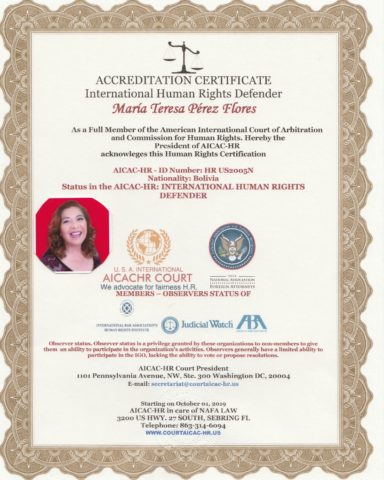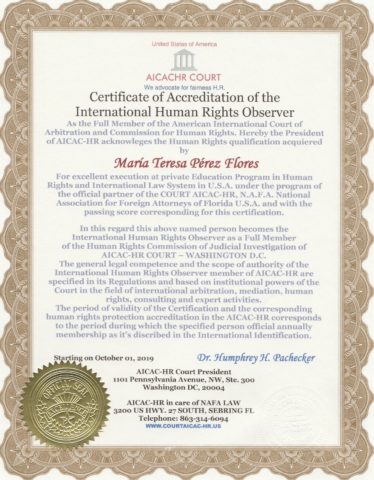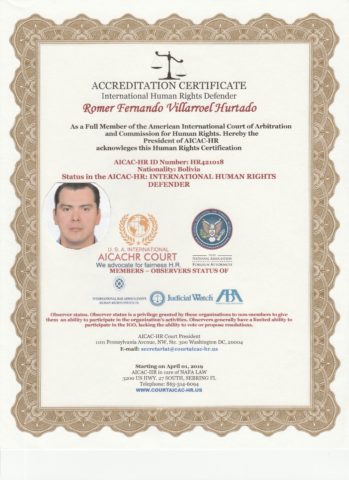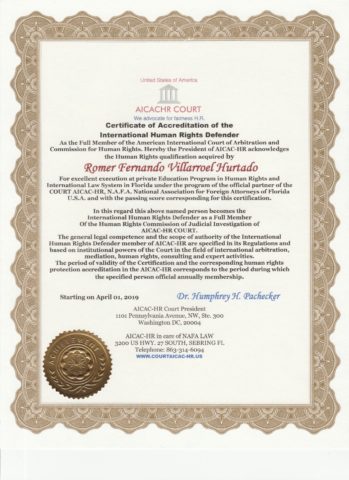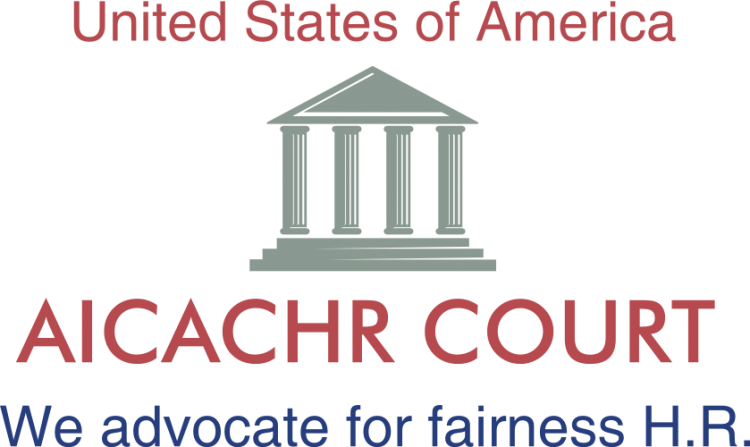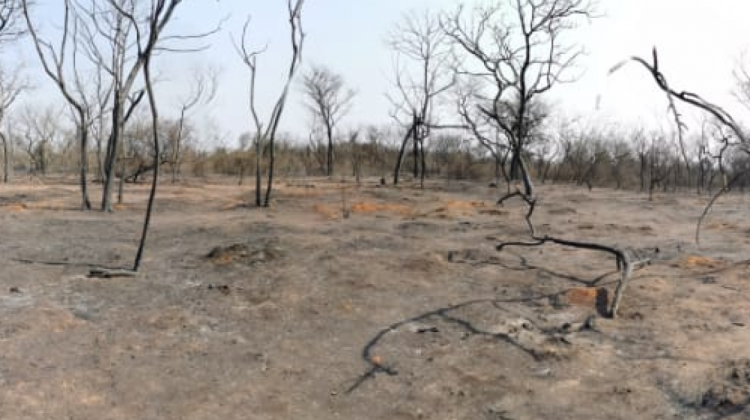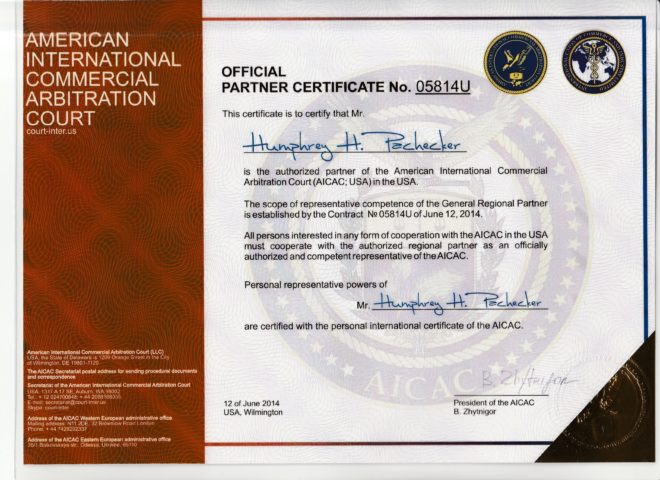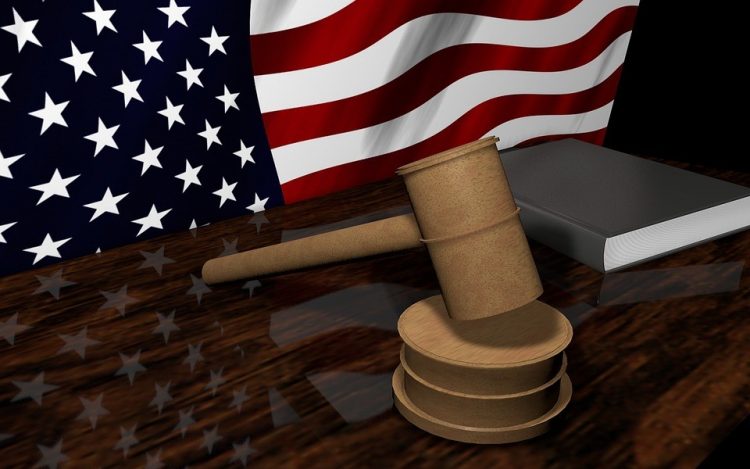NO DEJES PASAR esta capacitación en Derechos Humanos, Maestría o Doctorado y recibir una beca parcial.
Estimados colegas, estudiantes y amigos en general. No dejes pasar esta oportunidad de recibir una capacitación en línea y obtener un grado en Derechos Humanos, Maestría o Doctorado y recibir una beca parcial- Valido en Estados Unidos e Internacionalmente.
PARA EL DOCTORADO- Ver detalles completos entrando por este enlace. Haz clic aquí: http://courtaicac-hr.us/programa-maestria-doctorado-en-derechos-humanos/
PARA LA MAESTRIA- La profesora docente universitaria Dra. te preparará y capacitará en tu propio idioma y a distancia ambos están certificados y acreditados por la Corte AICAC-HR de la Capital de Washington DC. Igualmente por la Comisión General de Derechos Humanos de esta Corte.
Profesora. Dra. Gloria L. Bustillos Vargas. Reconocida y galardonada por universidades e instituciones de educacion superior. Igualmente, con el Premio Docente de la “ CORTE AICAC-HR WASHIGNTON DC” por su Docencia Universitaria en la Defensa de los Derechos Humanos. Este es un reconocimiento internacional destacando la lucha en favor de la democracia y la libertad. Ver detalles aqui: *** http://courtaicac-hr.us/category/h-r-defenders/
Docente de Derecho Americano
Docente en Derechos Humanos
NAFA-UNPAM Asociación Nacional de Abogados
Educación:
Facultad de Derecho del Oeste de California
Maestría en Litigación Oral. JUICIOS ORALES
LICENCIATURA, MAESTRIA, DOCTORADO EN DERECHO.
Reforma Civil en América
Centro de Estudios de Justicia de las Américas (CEJA)
Publicación:
Derecho canónico.
Juicios Orales.
Derecho civil.
Derechos Humanos.
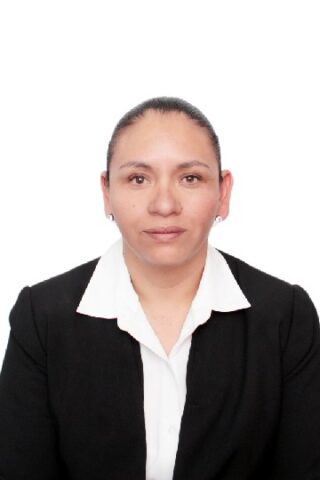
************
El programa del Derecho Procesal en Derechos Humanos, tiene como docente invitado especial a el renombrado Activista y Doctor en Derecho- Romer Fernando Villarroel Hurtado radicado en Estados Unidos:
1)-. PROGRAMA PROCESAL DD.HH.
2)- PROGRAMA LM HH.RR.
************
1)-. Programa MAESTRIA DOCTORADO- DD HH-2
Por qué deberíamos preocuparnos por los derechos humanos: la Declaración Universal de los Derechos Humanos a los 76 años.
El 10 de diciembre, las Naciones Unidas marcarán el 76 aniversario de la “Declaración Universal de Derechos Humanos”. En una era de difusión del nacionalismo y graves violaciones en lugares como Venezuela, Cuba, Nicaragua, Yemen, Myanmar, Sudán del Sur, es justo preguntarse si la Declaración Universal y el movimiento global de derechos humanos han mejorado la condición humana. Y dados estos desafíos contemporáneos, existe la cuestión adicional de a dónde vamos desde aquí.
La Declaración Universal surgió de los horrores de la Segunda Guerra Mundial, que resultó en más de 65 millones de muertes, incluidos 6 millones de judíos y cientos de miles de personas que fueron asesinadas sistemáticamente durante el Holocausto.
La Declaración Universal abrió nuevos caminos de dos maneras importantes. Primero, universalizó los derechos humanos, afirmando que todas las personas tienen derecho a estas protecciones en virtud de nuestra humanidad. Dicho de otra manera, nacemos con derechos y no dependemos de los gobiernos para que nos los otorguen.
También internacionalizó la responsabilidad de proteger los derechos. Antes de la Segunda Guerra Mundial, los gobiernos afirmaron que lo que sucedió dentro de sus fronteras no era asunto del mundo. La Declaración Universal dice que cuando ocurren abusos graves contra los derechos humanos en un país, otros estados tienen la responsabilidad de responder. Si bien la implementación de esta doctrina es un desafío, por decir lo menos, las preocupaciones de derechos humanos son ahora una característica rutinaria de la diplomacia internacional y el discurso político.
Al conmemorar el 72 aniversario de la Declaración Universal, la principal lección que debemos extraer es que trabajar en los derechos humanos no es un deporte para los de corta duración. Es un maratón, no una primavera, y tal vez incluso un ultra maratón, sin una meta clara. Pero la repetición de abusos horribles como los que ahora ocurren en Venezuela, Cuba, Nicaragua, Yemen, Myanmar y otros países debería motivarnos a hacer más, NO a agitar una bandera blanca en señal de rendición.
Para inscribirte en este programa- solamente debes entrar por enlace [link] anterior y bajar los formularios para regresarlos vía correo electrónico Email. Es tu oportunidad de hacer la diferencia en el derecho internacional y los derechos humanos. Inscríbete Ahora!
Duración un Trimestre- total de 36 horas académicas. Costo de la Maestria $9,900.00 descontada la beca de $2,000. Becas de UNPAM del costo total. Becas internacionales para toda persona bién sea residente o no sea residente de Estados Unidos- solo cuando los fondos están disponibles.
************
Buscar todos los trabajos en Derechos Humanos disponibles año 2025 en su ciudad más cercana. En este sitio de trabajo en DD. HH. Más completo en línea ahora con más de 101 ofertas de trabajo en DD.HH. ¡Solicite un nuevo trabajo en DD. HH. Ahora!
Fácil nuevas ofertas de trabajo todos los días. Encuentra localización y salarios con Organizaciones no gubernamentales, gubernamentales y firmas privadas. Si eres miembro de AICAC-HR o NAFA LAW te enviaremos cartas de recomendación.
Entra por el siguiente enlace para postular tu solicitud.
Haz clic aquí: https://www.indeed.com/jobs?q=Human+Rights+Organizations&aceid=&gclid=Cj0KCQiA0NfvBRCVARIsAO4930lhW6bv4hOH6rJbOmur4W0GMSPyPqCmgjMYMkQ58YlOdPq4itbDPSUaAj_3EALw_wcB
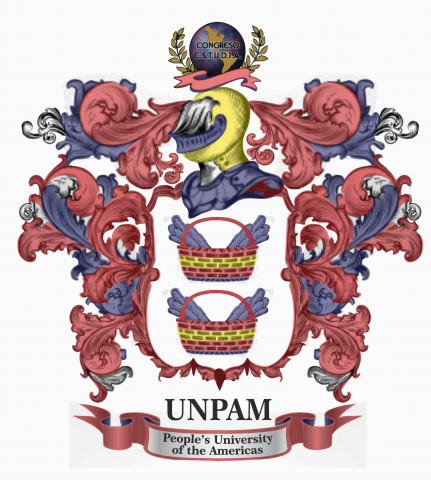


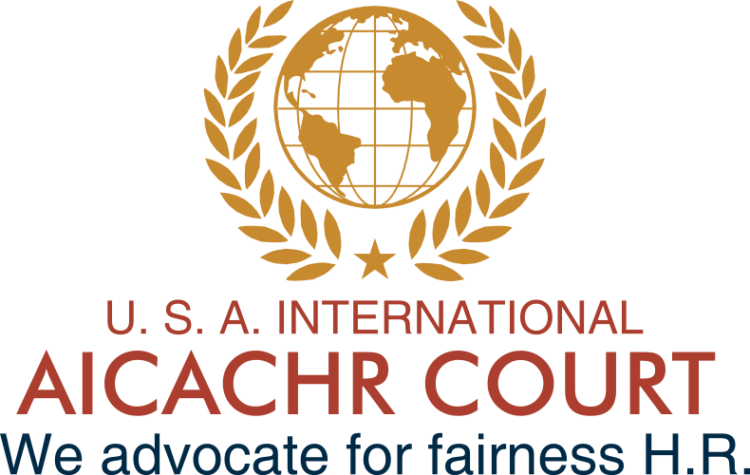

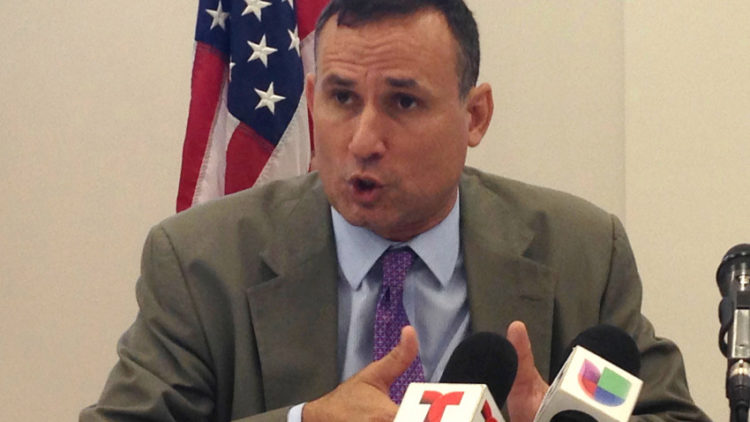
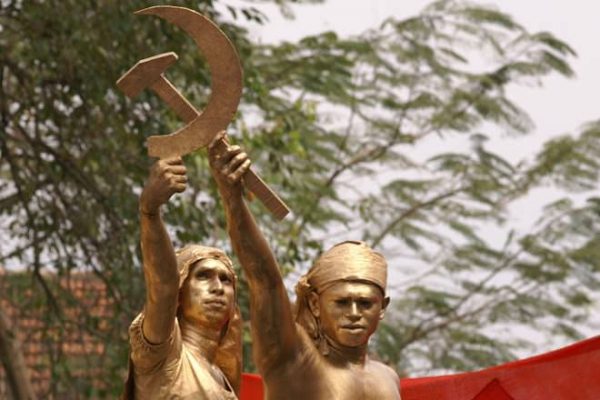
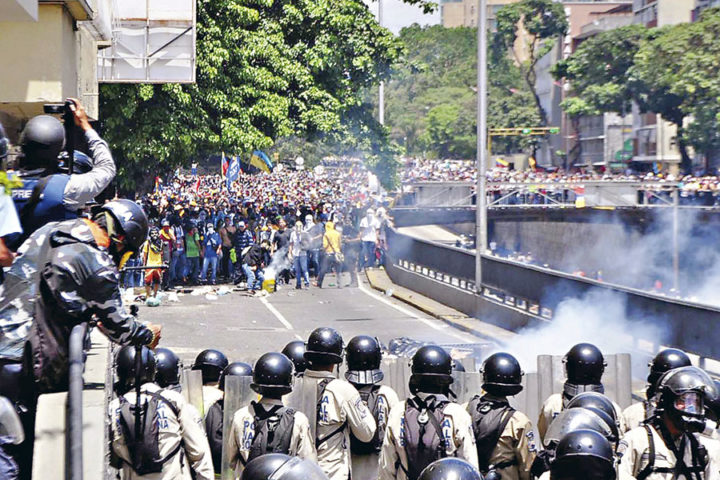
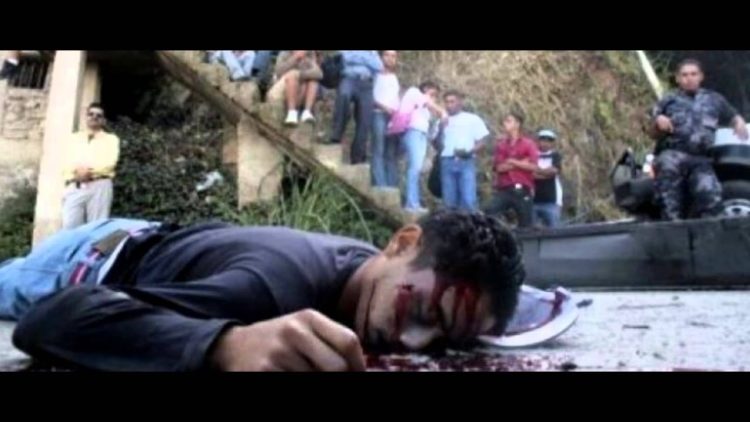
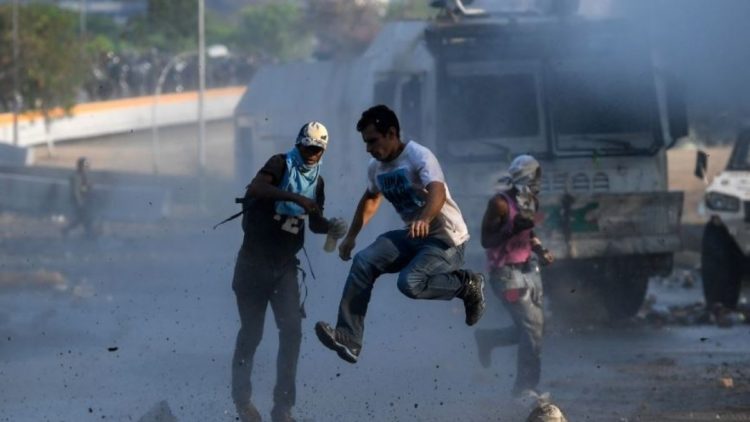
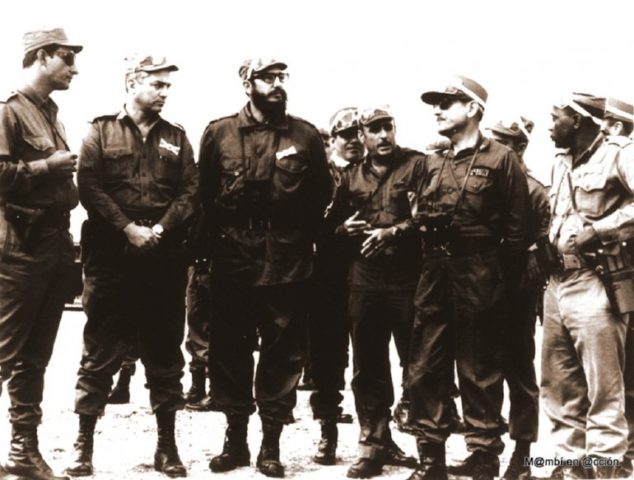
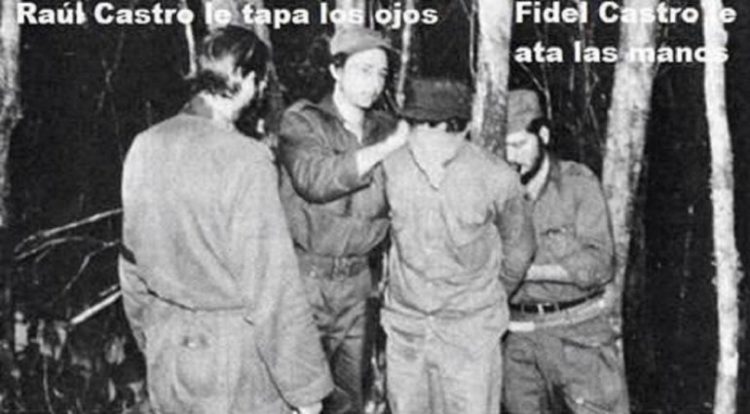
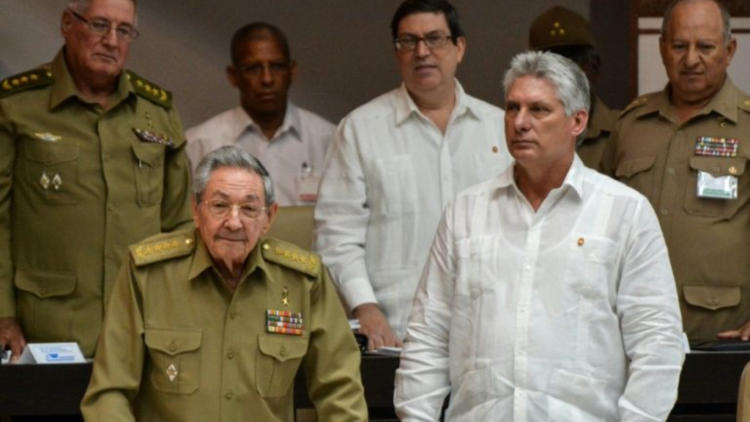
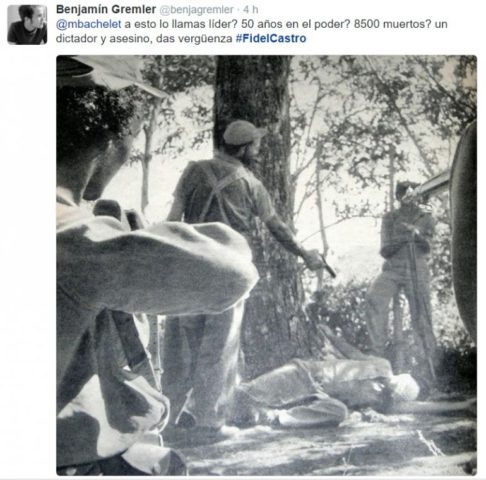
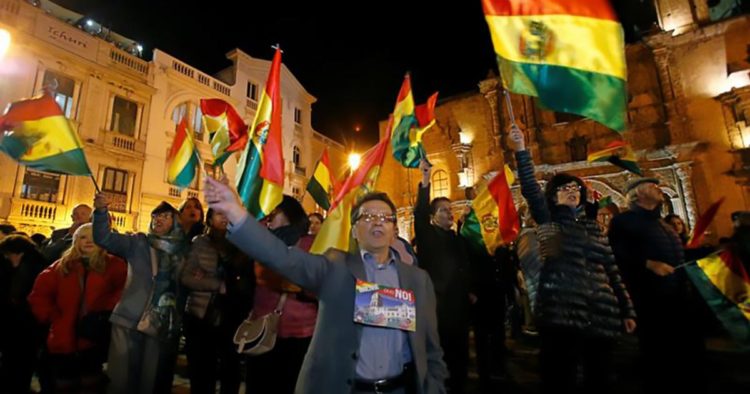 Hoy en Bolivia: Los defensores de los derechos humanos en riesgo por las acusaciones y amenazas de las autoridades.
Hoy en Bolivia: Los defensores de los derechos humanos en riesgo por las acusaciones y amenazas de las autoridades.